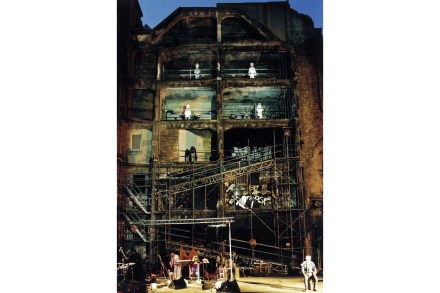Who lives in the countryside?
The recession relationship There are fears that the US and UK may both be heading for a recession. Has the US ever suffered a recession which did not spread to Britain? Since the Great Depression of the early 1930s there have been 16 identifiable periods in which the US met the usual definition of a recession (two consecutive quarters of negative growth), the most recent being in 2022. Britain has seen only ten such periods – even though its economy has grown by less overall. Periods when the US saw a recession but Britain did not include 1937-38, when the US economy shrank by 18 per cent over a year,















